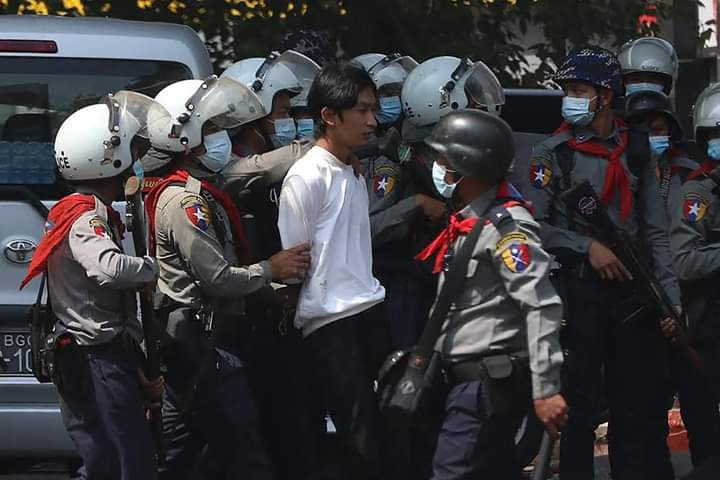Uighurs in China’s mostly Muslim Xinjiang province are receiving long prison terms for charges like “looking for an argument,” according to Human Rights Watch, with is claiming the legal attitude amounts to systematic persecution.
Claiming a ned to impose quick and severe sentences in the name of counter-terrorism, Chinese police and prosecutors are arresting and sentencing people who have not committed any real offense, according to the human rights organization. “Despite appearances of legality, many of the people in Xinjiang prisons are ordinary people who have been sentenced for going about their lives and practicing their religion,” said HRW Researcher Maya Wang in a statement.
More than 250,000 people in the northwestern region have been formally imprisoned since 2016, reported HRW, adding it has noted a dramatic increase in the lengths of prison sentences. Since 2017 the number of sentences for 5 years or more has risen from 11% to 87%. There are also an estimated one million Uighurs in “political education” camps in Xinjiang, according to HRW.
By Milan Sime Martinic



